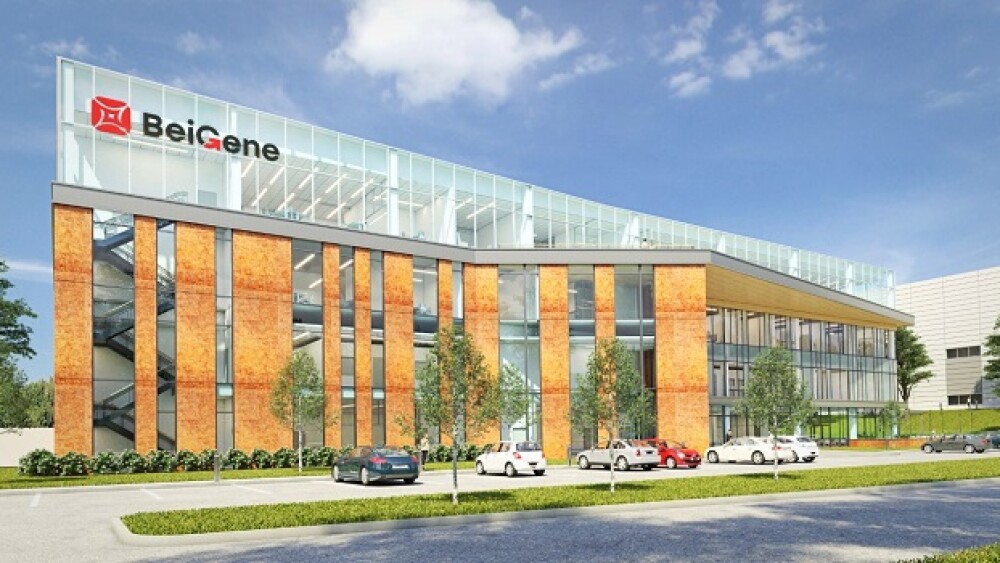BeiGene and Novartis’ unresectable hepatocellular carcinoma treatment, Tislelizumab, is gaining ground as a potential treatment for advanced liver cancer.
Tislelizumab showing progress against liver cancer. (Courtesy of BeiGene, Inc.)
BeiGene and Novartis’ unresectable hepatocellular carcinoma treatment is gaining ground as a potential treatment for advanced liver cancer. In the Phase III RATIONALE 301 trial of Tislelizumab as a first-line treatment, the drug met its primary endpoint of non-inferior overall survival compared to sorafenib alone.
The trial included over 600 patients with unresectable hepatocellular carcinoma, which is defined as a liver tumor not eligible for resection therapy given the extent of the disease. Scientists found the proposed drug to be generally safe. Its profile was consistent with previous observations, and zero new safety issues were raised.
In addition to meeting the primary endpoint, Tislelizumab also met the secondary endpoints of overall response rate, durability of response, progression-free survival, time to progression per BIRC and other measures of tolerability, safety and health-related quality of life.
BeiGene signed a collaboration deal with Novartis in 2021 to grant the latter the rights to co-develop, manufacture and commercialize Tislelizumab in Japan, Europe and North America. And in June, BeiGene entered a clinical trial deal with Antegene to assess the latter’s selinxor with tislelizumab for patients with muscle-invasive bladder cancer.
Tislelizumab is a humanized IgG4 anti-PD-1 monoclonal antibody designed to minimize binding to Fc-gamma receptors on macrophages. This helps the immune cells detect and fight off tumors. Preclinical studies show that binding Fcγ receptors to macrophages compromises the anti-tumor actions of PD-1 antibodies.
BeiGene is developing the drug as both a monotherapy and in combination with other medications to treat a wide range of solid tumor and hematologic cancers. To date, there are 22 initiated or completed registration-enabling clinical trials on tislelizumab in 30 locations worldwide. Tislelizumab is the first drug from the company’s immuno-oncology biologics program.
“Patients with unresectable HCC face a devastating prognosis, with a median life expectancy of one year. Currently, there are few treatment options if patients cannot tolerate TKI therapy or if their condition progresses. We are encouraged by the outcome of the final analysis of RATIONALE 301 and look forward to sharing the full safety and efficacy results at an upcoming medical conference,” Mark Lanasa M.D., Ph.D., chief medical officer, solid tumors at BeiGene said in a statement.
HCC is the sixth most common type of cancer in the world. Despite advancements in technology, over two-thirds of patients with the disease are already at advanced stages upon diagnosis, making it untreatable.
In rare cases when it is detected early, some patients may do well with liver transplantation or surgical resection. Sorafenib, the current cancer drug of choice for HCC cases that cannot be treated with surgery, does not offer predictable outcomes, providing a median overall survival of 26.1 months.
Tislelizumab is approved in China for nine indications, including recurrent or metastatic nasopharyngeal cancer and non-small cell lung cancer. In the U.S., it is under regulatory review for unresectable, recurrent, locally advanced or metastatic esophageal squamous cell carcinoma after prior systemic therapy.





